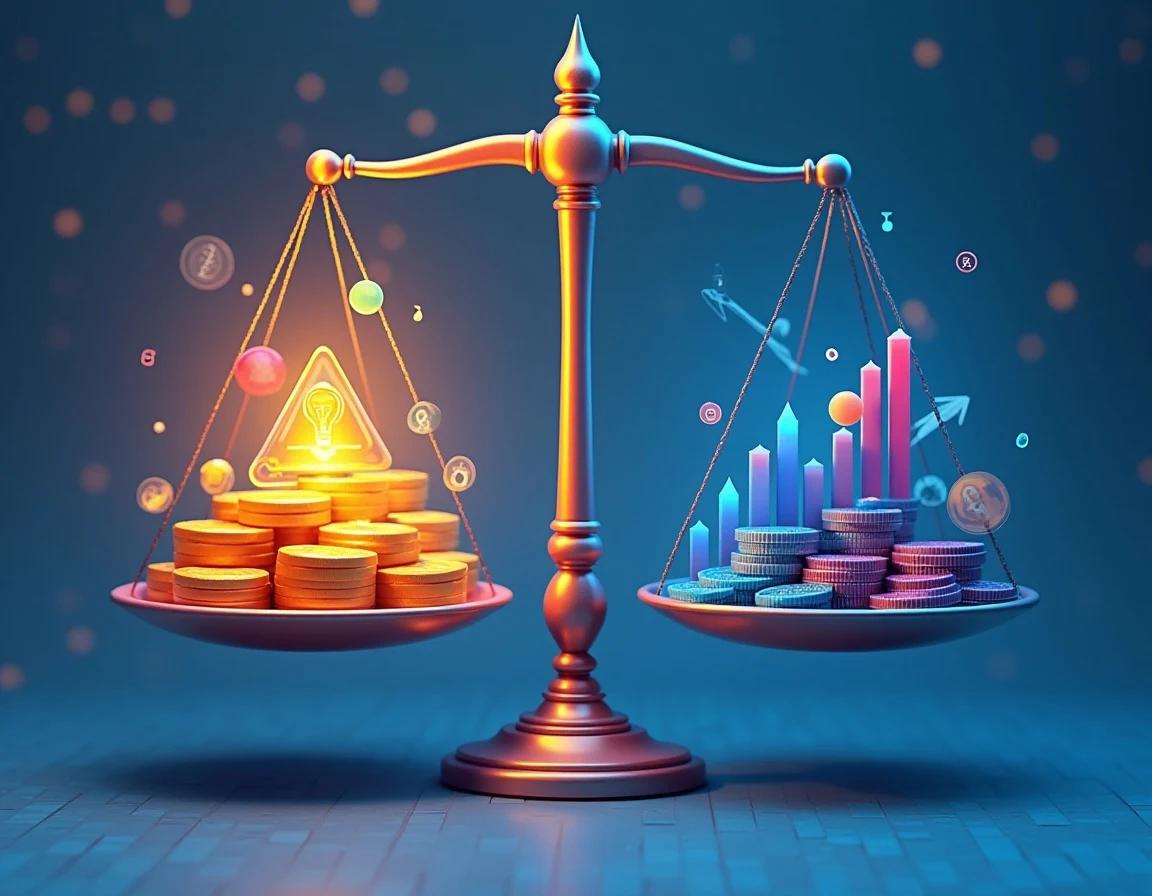The Pros and Cons of Creating Your Own Cryptocurrency
Yes, launching your own cryptocurrency is challenging, but knowing the pitfalls can make the journey easier.

So, you’re thinking about creating your own cryptocurrency, right? And like every other crypto entrepreneur, you, too, probably think that now it’s your time to be the next Nakamoto?
Well, if you ask me, being ambitious is great. But as we all know how volatile the cryptocurrency market is, succeeding as a creator or a trader here is difficult.
So, what do you do?
If you are unsure about doing something, you should always determine the pros and cons of your decision right at the beginning. Yes, launching your own cryptocurrency will have some significant challenges. But as long as you know the pitfalls, you can tread with caution and make your job a little easier.
But before I address the real question, let me share an intriguing idea first.
What Do I Mean When I Say, ‘Creating Your Own Cryptocurrency?’

In the Bitcoin era, launching your own cryptocurrency was all about creating a coin and deploying it in a blockchain network. Nonetheless, the introduction of Ethereum has changed the idea of custom cryptocurrency development entirely.
Hence, you have two primary approaches to choose from –
- Developing your own blockchain and coins to fulfil specific real-world needs
- Creating a token and deploying it on an existing blockchain, like BSC or ETH
So, what’s the benefit of either of these choices?
Having your own blockchain networks means that you can create your own rules, security systems, and develop new features in your own way. It’s more adventurous, but if you mess up anything, hackers will vandalize the entire system and leave you in ruins. Also, creating your own blockchain from the ground requires more time, effort, and investment.
The second option is much safer, of course. The mainnet of ETH is extremely secure, developer-friendly, and scalable. Deploying on an existing network could also speed up the crypto coin creation process. However, as you’re lending someone else’s network, you have to pay gas fees and depend on the limited transaction speed they provide.
So, Should You Create Your Own Cryptocurrency?

Yes, yes, and yes.
I mean, think about it – building a crypto coin means you’ll have complete control over its transactions, governance, and whatever monetary policies you create. It’s like playing God.
Another of the benefits of cryptocurrency creation is the sheer amount of revenue streams it can open up for you. For example, you’ll earn from transaction fees, wallet integrations, and token sales while only having to pay the gas fees for the network you’re using.
Oh, and starting a crypto project will also provide you an innovative way to raise funds, reward your customers, and engage investors through token-based incentives. Yes, this is more beneficial for a business, but even budding entrepreneurs can get excellent exposure from this.
Also, you can create a crypto coin to solve any kind of real-world problem. For instance, developing utility coins can help you provide network-specific services to the users.
A great example of this is Ethereum, which is used to create smart contracts on the network. Binance coins, on the other hand, provides access to various services, developer tools, and features, on the Binance Smart Chain network.
But… Is There a But?
Unfortunately, yes.
Cryptocurrencies are still considered to be highly dubious. So, you can expect the government regulations and rules to bombard against whatever you want to achieve with the coins. Complying with the basic legal frameworks can also be quite complicated and expensive.
Furthermore, developing and maintaining a platform or a bunch of coins requires a lot of expenses for exchange listings, blockchain development, and security measures.
And even if you do everything perfectly, the volatility of the cryptocurrency market can hit you at any time. If you cannot generate enough hype around your coins, no one will buy it – which, in turn, affects the pricing of your crypto even more.
If you don’t choose the right consensus mechanism, it can also affect the transaction speed and security of your coins. If it’s too slow or easily penetrable, no one will buy your coins.
Finally, if your blockchain network is not secure enough, almost anyone can enter, steal all your coins and users’ personal data, and leave you empty-handed. This can happen with the smart contracts you’ve created for the transactions too. If there’s a single bug in the code, hackers can exploit it and gain control of whatever transaction’s happening in the network.
The Bottom Line
Creating a custom blockchain coin is a great opportunity to learn something new, and, if you’re lucky, you can become a millionaire as well. However, the stakes are too high. If you make a mistake or don’t have the right motif, it might make it difficult for you to sell them. So, there’s no right or wrong here. Like every business venture, cryptocurrencies have their own challenges. If you think you can handle them, go for it. If the risks are making you think twice about your choice, it might be better to steer clear of it.
Follow us on Google News
Get the latest crypto insights and updates.


